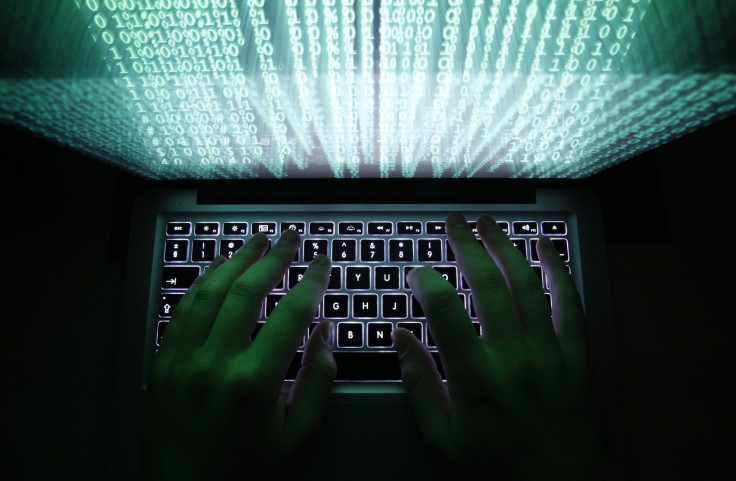Russia Claims Foreign Agencies Planning Cyberattacks Against Its Banks

Foreign intelligence agencies are planning large-scale cyberattacks to disrupt Russia’s financial system, the country’s Federal Security Service (FSB) said Friday, adding that the attacks are scheduled to start next week.
“The FSB received information about preparations by foreign intelligence services for large-scale cyberattacks starting Dec. 5, 2016, in order to destabilize Russia’s financial system, including the activities of a number of major Russian banks,” the FSB reportedly said.
The FSB said Kiev is likely to be behind the attacks after an investigation found servers located in the Netherlands belonging to Ukraine’s BlazingFast hosting company. The agency added that the attacks will target banks in several Russian cities and also involve sending mass text messages as well as messages on social networking sites about “a crisis in the Russian credit and financial system, bankruptcy and withdrawal of licenses of leading federal and regional banks.”
The FSB said it was taking steps to combat these threats. Meanwhile, BlazingFast reportedly confirmed on Friday it had clients in the Netherlands, adding that the hosting company will “quickly begin to investigate.”
In the past, the U.S. Department of Homeland Security and the Office of the Director of National Intelligence have formally accused Russia of attempting to influence the outcome of the U.S. election, alleging that Russian hackers compromised servers belonging to the Democratic National Committee. Moscow dismissed the allegations, accusing the U.S. of distracting voters from domestic issues.
Bruno Kahl, the president of Germany’s foreign intelligence agency Bundesnachrichtendienst, said Tuesday that Germany is likely to be the next target for Russian hackers. German federal elections are set to take place in 2017.
“Europe is now the focus of these interference attempts, and Germany in particular,” Kahl said, adding that “cyberattacks are taking place with no other motive than to cause political uncertainty.”
© Copyright IBTimes 2024. All rights reserved.






















